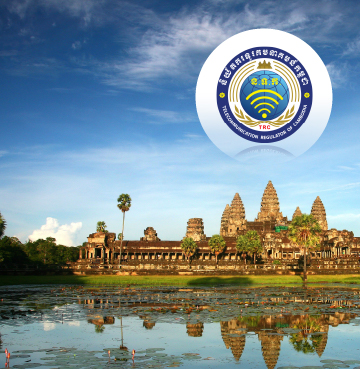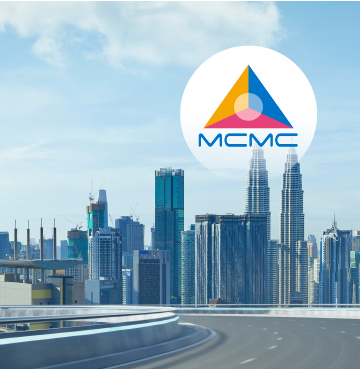
The Office of the Communications Authority (OFCA) in Hong Kong has introduced a new set of standards aimed at enhancing the radiation safety of wireless devices. Known as HKCA 1084, this conformance specification outlines technical and evaluation requirements to ensure wireless devices operating in close proximity to humans (up to 20 cm) meet stringent safety guidelines.
What Is HKCA 1084?
HKCA 1084 is a newly published conformance specification that governs the radiation safety of wireless equipment in Hong Kong. Specifically, it applies to devices such as mobile phones, tablets, and other wireless communication tools that are typically used near the human body. The requirements include:
- Specific Absorption Rate (SAR): Ensuring devices meet limits for energy absorbed by human tissue.
- Incident Power Density: Regulating the electromagnetic energy intensity for devices operating near the body.
These requirements are directly aligned with the Guidelines for Limiting Exposure to Electromagnetic Fields (100 kHz to 300 GHz), published by the International Commission on Non-Ionizing Radiation Protection (ICNIRP). Consequently, compliance ensures adherence to globally recognized safety standards.
Technical and Evaluation Standards
To comply with HKCA 1084, wireless devices must meet rigorous testing and evaluation standards. These include:
-
Specific Absorption Rate (SAR) Compliance
The evaluation of SAR limits is conducted according to the internationally recognized IEC/IEEE 62209-1528 standard. This standard specifies detailed procedures for assessing human exposure to radiofrequency fields, ensuring a uniform approach to safety testing.
-
Incident Power Density Compliance
Likewise, the assessment of power density is performed using the following standards:
- IEC/IEEE 63195-1: Focuses on measurement procedures for devices operating near the head and body within a frequency range of 6 GHz to 300 GHz.
- IEC/IEEE 63195-2: Covers computational procedures for devices within the same frequency range and scenarios.
Alternatively, other standards accepted by OFCA may also be used for compliance evaluation, providing flexibility for manufacturers while maintaining rigorous safety measures.
Why HKCA 1084 Is Crucial for Wireless Device Safety
The implementation of HKCA 1084 reflects Hong Kong’s commitment to ensuring the safety of wireless device users. As wireless technologies play an ever-increasing role in daily life, these new regulations help mitigate potential health risks associated with electromagnetic field exposure. Moreover, adherence to these standards brings several key benefits:
- Enhanced Consumer Protection: Ensuring devices meet international safety benchmarks significantly reduces potential health risks.
- Global Standardization: Aligning with ICNIRP and IEC/IEEE standards fosters international consistency in radiation safety practices.
- Market Accessibility: Compliance with HKCA 1084 ensures manufacturers can access Hong Kong’s market with confidence and ease.
Steps for Manufacturers to Ensure Compliance
If you are a manufacturer or importer of wireless devices, here’s what you need to do to comply with HKCA 1084:
- Conduct SAR and Power Density Evaluations
Initially, partner with accredited testing laboratories to perform assessments according to IEC/IEEE 62209-1528, IEC/IEEE 63195-1, or IEC/IEEE 63195-2, ensuring your devices meet required thresholds. - Secure Relevant Test Reports
Additionally, obtain and maintain detailed test reports that demonstrate compliance with the specific standards outlined in HKCA 1084. - Align with ICNIRP Guidelines
Furthermore, ensure all product designs adhere to the electromagnetic exposure limits established by ICNIRP for optimal safety. - Stay Updated on OFCA Regulations
Lastly, regularly review updates from OFCA to remain informed about any amendments or additional requirements to HKCA 1084.
Conclusion
The introduction of HKCA 1084 marks a significant step forward in regulating the radiation safety of wireless devices in Hong Kong. Manufacturers, importers, and distributors must adapt to these standards to ensure compliance, safeguard consumers, and maintain market access.
Are you ready to align your products with Hong Kong’s latest radiation safety requirements? Contact us today for expert guidance on testing, certification, and compliance to meet the standards of HKCA 1084!
You may also be interested





